phobo-, phob-, -phobia, -phobias, -phobe, -phobiac, -phobist, -phobic, -phobism, -phobous
(Greek: fear, extreme fear of; morbid, excessive, irrational fear, or terror of something or someone; however, sometimes this Greek element also means a strong dislike, dread, or hatred for something or someone)
For more details about the various phobias, visit this Phobias Introduction page to see Phobia Variations Defined and Explained.
There are only two forces that unite men: fear and self-interest.
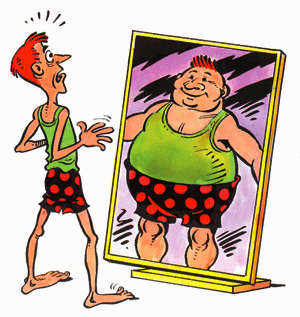
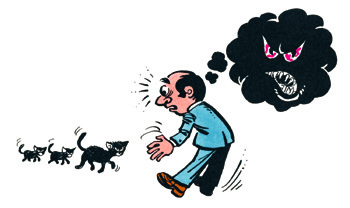
Some people react with shortness of breath, rapid heartbeat, or feelings of extreme anxiety just at the sight of a cat, while for others aelurophobia is induced only if the creature comes very close or touches them.
In its most abnormal condition, a person who has an ailurophobia may stay home in order to avoid encountering a cat in the street or, in extreme cases, of even seeing one when he or she is in a vehicle.
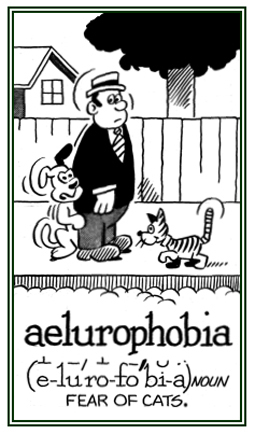
Go to this Word A Day Revisited Index
so you can see more of Mickey Bach's cartoons.
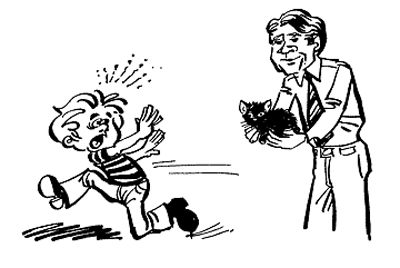
Someone who has aeronausiphobia is absolutely fearful about the possibility of the aircraft flying through turbulent air as it rises and drops abruptly which would cause him or her to be overwhelmed and to vomit.
2. A mental disorder characterized by an irrational anxiety of leaving the familiar setting of one's home or venturing into the open: Agoraphobia is so pervasive that a large number of external life situations are entered into reluctantly, or are avoided, because they are often associated with hysterical attacks.
A common characteristic of agoraphobia is a history of apprehensive attacks in which the person experiences symptoms of extreme excitement, distortion of perceptions, and an overwhelming sense of imminent catastrophe, loss of control, or dread of public humiliation.
Agoraphobia can cause an individual to begin experiencing anxiety in anticipation of dreadful reactions.
3. Etymology: derived from the Greek agora which means an "assembly" or "market place"; not "open spaces", as is commonly stated by some writers. Again, agoraphobia refers to the fears of streets and crowded places, not to "open spaces".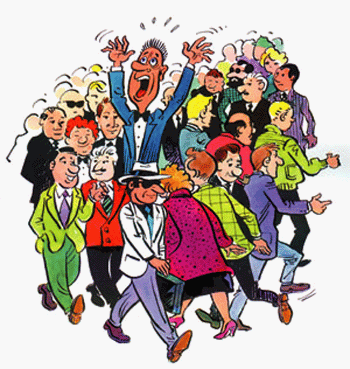
![]() The agoraphobia page of extended information.
The agoraphobia page of extended information.
2. An excessive distrust of public places where help might not be available or from which escape might be difficult to achieve: Jackie loved to go by subway in her town, but her brother, who suffered from agyiophobia, avoided this completely and always walked whenever he could.
A person who has aichmophobia also has a morbid distrust of being touched by pointed objects, such as the finger or other sharp or slender-pointed objects.
2. Etymology: from Greek aikhme, "spear" or "javelin" + phobia, "irrational fear", or "terror".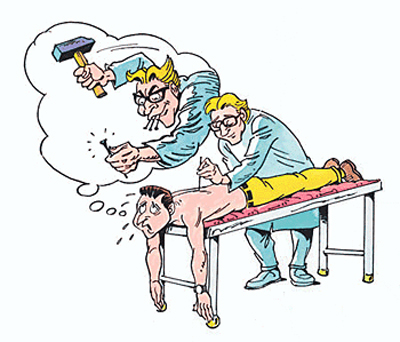
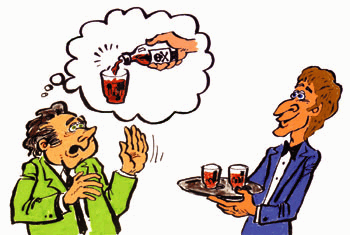
People who drink to drown their sorrow should be told that sorrow knows how to swim.
O God! that men should put an enemy in their mouths to steal away their brains.
Drunkenness is nothing but voluntary madness.
A few additional reasons for alektorophobia may include not only the threats of being attacked by chickens, but also because they eat food from the ground or manure piles, so there are individuals who are convinced that such actions contaminate the birds and those who eat them.
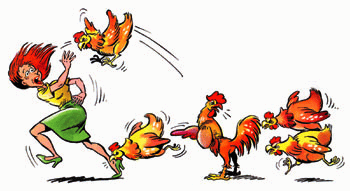
"Attack! We're not going to let these humans kill and eat us whenever they want to.


